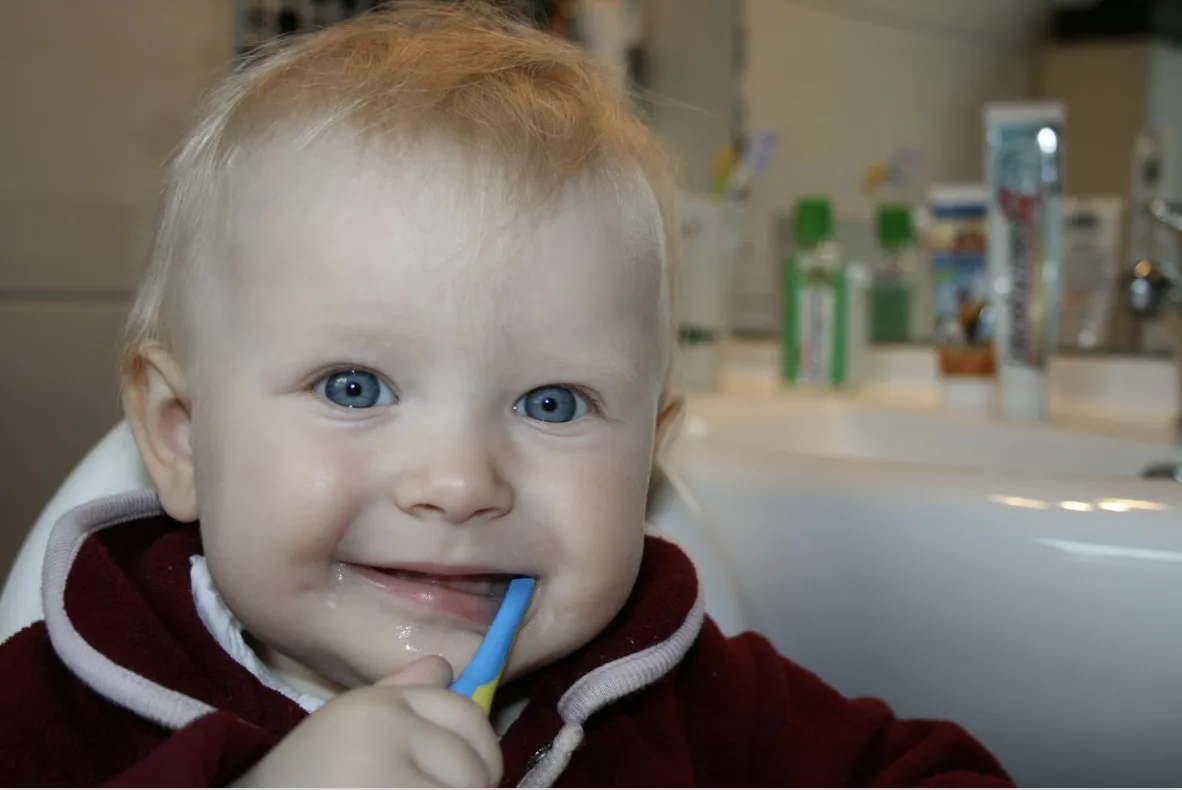
This Tiny Habit Can Reduce Your Risk Of Heart Disease, Alzheimers, Cancer, Kidney Disease.....
Occasionally, someone says, "I just don't like to exercise..."
I compare it to brushing your teeth--it may not be fun, (actually, it might!) but you make it a habit because it delivers unmitigated benefits.
Just like exercise, brushing your teeth delivers vastly greater benefits that we realized....
What happens if you can't brush your teeth?
Hospitalized patients on a ventilator can't brush their teeth for weeks or months.
Dr. Peter Attia recently described a study exploring whether brushing ICU patients' teeth might reduce their rate of hospital-acquired infections, particularly pneumonia.
Anyone admitted to the hospital for 48 hours or more is at risk for pneumonia.
The highest incidence is reported in the ICU--12-29% of patients contract hospital-acquired pneumonia (HAP), of which 90% is ventilator-associated pneumonia (VAP).
All-cause mortality associated with VAP is estimated to be between 20-50%!
Researchers speculated that patients were swallowing or inhaling bacteria in their saliva. They did a tooth brushing intervention, rather than the usual mouthwash protocol which was ineffective in preventing VAP.
Brushing made the difference
Brushing removes plaque more effectively than mouthwash alone and the effect was dramatic.
Multiplied out--there was one fewer VAP case for every 12 patients receiving toothbrushing treatments. Even by a low estimation of 20% VAP mortality, this would reduce VAP mortality to 13.6%, resulting in about 17,000 fewer deaths each year.
Toothbrushing was associated with extubation 1.24 days sooner and a 1.78-day shorter ICU stay.
Implications for all of us
Oral health is connected to chronic diseases, including cardiovascular disease and Alzheimer’s disease. Poor oral health eventually leads to chronic gum disease, the most prevalent chronic infection, affecting 46% of adults in the US.
👉👉Periodontal disease is associated with a 3.5-fold increase in the risk of atherosclerotic cardiovascular disease and a 1.7-fold increase in the risk of Alzheimer’s disease.
Attia said, "These bacteria have been found at distant sites in the body including aortic plaques and some brains of AD patients. The presence of dental diseases could at the very least fuel the progression of other chronic diseases, even if it does not initiatethem."
Routinely brushing twice per day and flossing daily, along with regular visits to the dentist for professional cleaning, is the best way to prevent the build-up of bacteria-containing plaques and tartar.
The impact goes far beyond just your teeth!